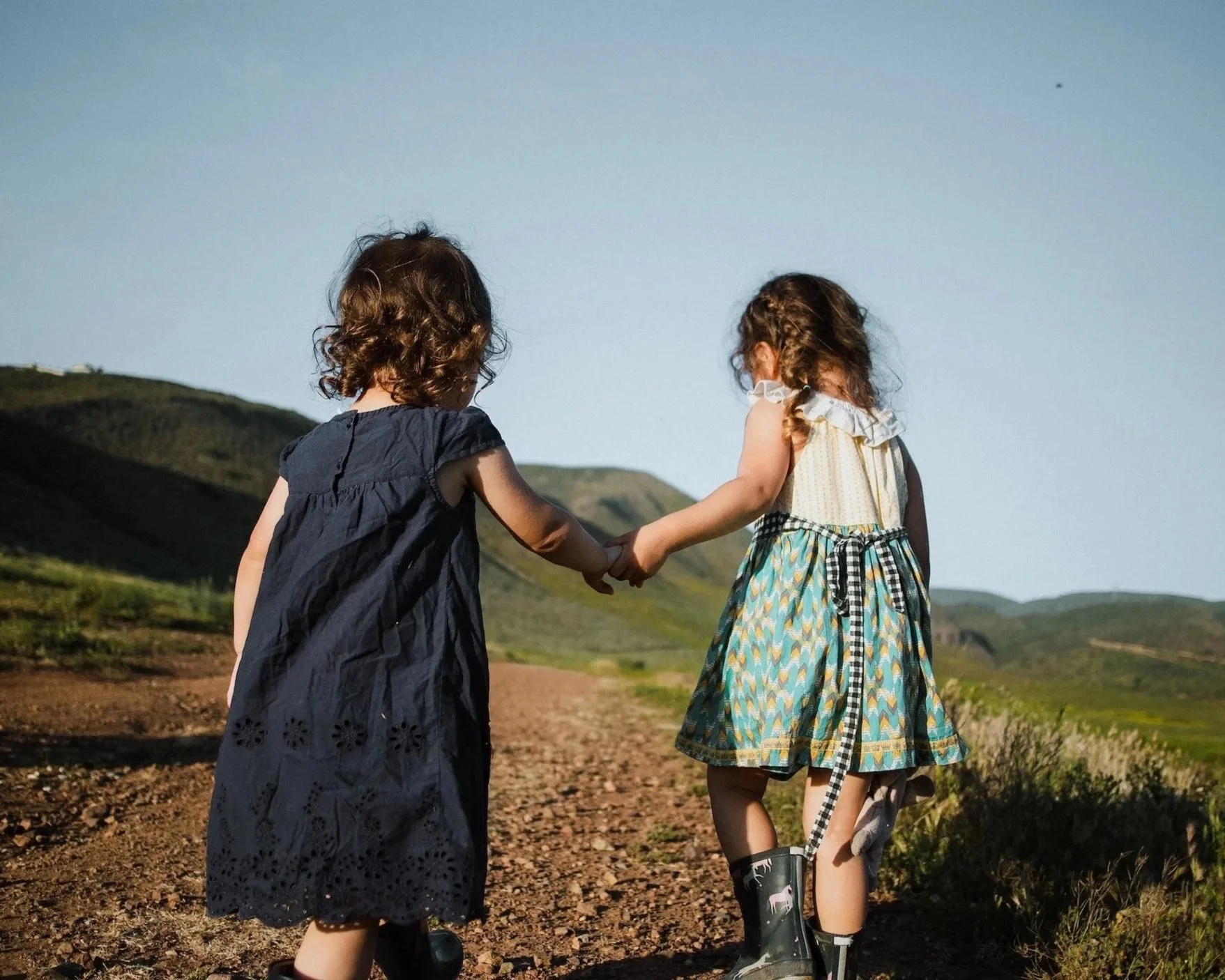Can Happiness Be Controlled?
So, what do you do if you're not happy? Happiness is part of the American Dream—the pursuit of happiness is even in our Declaration of Independence. But did you know that the desire to be consistently happy can actually have the devastating effect of creating more anxiety and dissatisfaction?
In her book America the Anxious: How Our Pursuit of Happiness Is Creating a Nation of Nervous Wrecks (2016), Ruth Whippman, a Brit living in California, takes a look at America's cultural obsession with happiness. She finds that one key component of the American disposition is, in fact, our independence and orientation toward individual activities, arguing that spending time with friends and family is more important than trying to be happy through solo activities like yoga and meditation.
Whippman describes how, in a culture focused on individual goals and pursuits, we can forget that joy comes foremost from our relationships. That means the first step towards happiness is shifting our focus further away from ourselves and reaching out for meaningful connections with others and our community.
.Another habit that undermines American happiness is the desire for control. As kids in America, we're often told that we need to control our emotions. We hear: “don’t cry,” “don’t be a chicken,” or “get over it.” And that myth of control is compelling. But emotional control is not always so simple.
Paradoxically, letting go of trying to be happy allows us to feel more joy.
In The Happiness Trap: How to Stop Struggling and Start Living (2007), Russ Harris explains that our minds are powerful, but that we don’t control everything, particularly our internal world of emotions. Most of us know how ineffective it is to tell ourselves “don’t worry about it.” If it were possible to choose our emotional state, we would probably already be happy!
In fact, a study done by Iris Mauss at UC Berkeley found that people who identify happiness as a goal state are less likely to achieve happiness. While a desire to control our experience is understandable, it often leads us to feeling like there is something wrong with us when it doesn’t work, which just makes us feel worse.
So, what to do? “My instinct is that…happiness should be serendipitous, the by-product of a life well lived, and chasing it in a vacuum just doesn’t really work,” Whippman writes. That means we need to be honest about what we're feeling and not worry about racing towards happiness. Relinquishing our desire for control and accepting when things aren't perfect frees us to focus elsewhere and alleviates stress and anxiety.
We can also talk to others. Opening up and talking about difficult emotions requires vulnerability—but it's also paradoxically what allows us to connect with a community. When we can admit we are human, others are more likely to follow. Talking about our challenges can help us feel less alone and make it feel all right not to feel all right.

